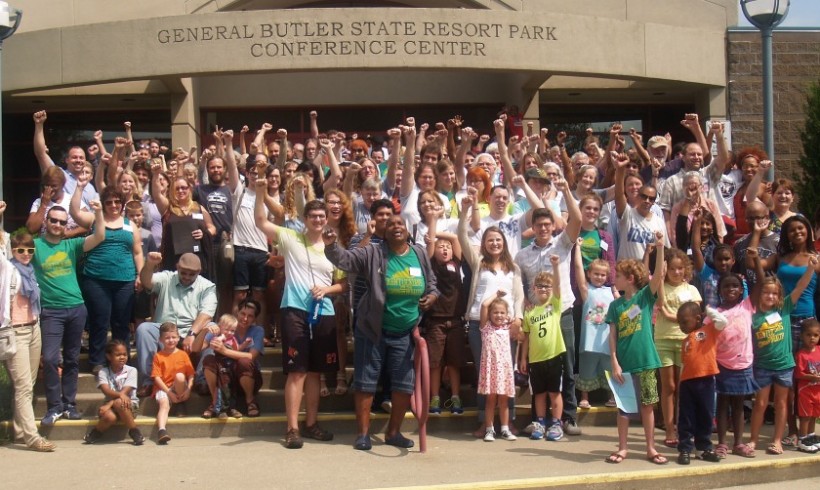Written by Farhad Ebrahimi,
Philanthropy isn’t necessarily known for making long-term commitments. It is, however, known for making big announcements. At the Chorus Foundation, we’ve just made a big announcement about a set of long-term commitments, and I’m really excited to be able to share the good news with you today. To borrow from our official statement for a moment:
- The Chorus Foundation is pleased to announce that it has identified three frontline communities to receive eight years of grant support to speed a just transition to a regenerative economy that works for people, places, and planet.
- These communities—in Alaska; Richmond, California; and Buffalo, New York — serve as inspiring examples of how communities across the country are building a new economy based on the principles of broadly shared economic prosperity, democratic governance and ownership, and climate justice.
- Our commitment to each community is, at minimum, $500,000 per year in grants.
This is a really big deal for us. In addition to our pre-existing funding commitment to Eastern Kentucky, these three communities will define our grant making until we close our doors in 2023. (For those of you who don’t already know us, we’re spending down, and we only have eight years left. More on that some other time.)
It’s taken us almost a decade to get to the point where we could even consider making such long-term commitments. With that in mind, I wanted to take the time to share some of the thinking behind our decision. I’ll articulate what we’ve learned over the years, but I’m also going to advocate for a particular approach to philanthropy — one that we believe is badly needed.
Almost a decade in the making: how we got here
At its core, the Chorus story is a journey from climate, to climate justice, to what the frontline communities we support refer to as a “just transition.” In many ways, this transformation echoes the stories of the social movements that we’ve had the privilege of accompanying along the way.
Click here to keep reading it.

